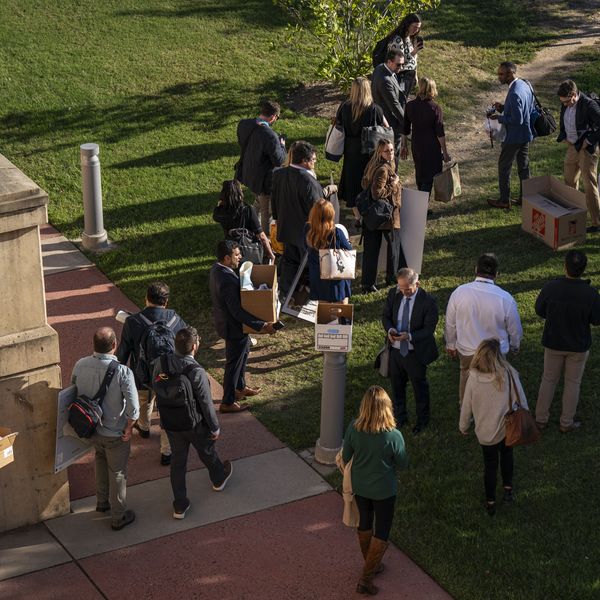The fast-track authority needed to get the Trans-Pacific Partnership (TPP) through Congress must be in real trouble. Why else would the Washington Post devote so much space to pushing the deal and attacking its critics?
The latest was a diatribe by editorial board member Jonathan Capehart which is directed largely at Senator Elizabeth Warren. The piece starts by basically calling Senator Warren a liar for describing the TPP as "secret." As Capehart tells us:
"Yes, it is secret from you and me. As Ruth Marcus correctly explained, 'This is not secrecy for secrecy's sake; it's secrecy for the sake of negotiating advantage. Exposing U.S. bargaining positions or the offers of foreign counterparts to public view before the agreement is completed would undermine the outcome.' But TPP is not secret to Warren. She has read it."
Okay, so the deal is secret from 99.9999 percent of the country, but Warren is wrong to call it "secret." It is true that members of Congress and a limited number of staff with clearance can read the deal. They cannot take notes and cannot discuss details of the deal with people without security clearance.
The trade agreement is written in technical language. Our senators and congresspeople may all be very bright, but it is a bit much to expect them to be experts on everything from patent and copyright law to consumer safety regulations. Without the assistance of staff or experts outside of Congress it would be quite difficult for members to make an informed judgment on many of the issues in the pact.
But, not to worry:
"Any member of Congress who wants to be briefed on the emerging agreement or ask questions about what they are reading can call the offices of the United States Trade Representative (USTR). According to the folks at USTR, there have been more than 1,700 in-person briefings on the deal. In fact, Ambassador Michael Froman, who is the USTR, has personally briefed Warren on various aspects of TPP."
See, the office of the USTR, possibly even the USTR himself, will be there to clear up any points of confusion. Yep, that's like the prosecutor's office making itself available to help the jury on any points that were not clear during the trial. What could be better than that?
Of course the deal could be made public tomorrow if President Obama chose to do so. After all, that great proponent of open government, George W. Bush, made the Free Trade Area of the Americas draft available to the public before asking Congress to vote on fast-track authority.
Interestingly, Capehart doesn't address Warren's often repeated concern that fast-track authority will be in place well into the term of the next president. This cedes a huge amount of Congressional power to the next president. He also didn't mention the issue that Warren has repeatedly raised of the extra-judicial Investor-State Dispute Settlement panels established by TPP. Australia has opted out of these panels, is there some reason the United States can't opt out also?
After attacking Warren on the secrecy point, Capehart then tells readers that there are three options on trade, according to USTR Michael Froman. Incredibly, not one of the three options laid by Froman included anything about addressing the over-valued dollar, the major cause of the United States' $500 billion plus annual trade deficit. Apparently, currency values are not even on Froman's radar screen which explains why the Obama administration has done so little to address the issue, most notably by not including anything on currency rules in the TPP.
Finally, Froman raises the administration's trump card, China. If Congress doesn't approve the TPP then the whole world will turn in China, no minimum wage laws, no free labor unions, and horrible pollution.
You would think Froman would be embarrassed to say such nonsense and Capehart would do him the courtesy of not repeating it in public. But hey, lots of corporate interests are banking on the TPP, so anything goes.


